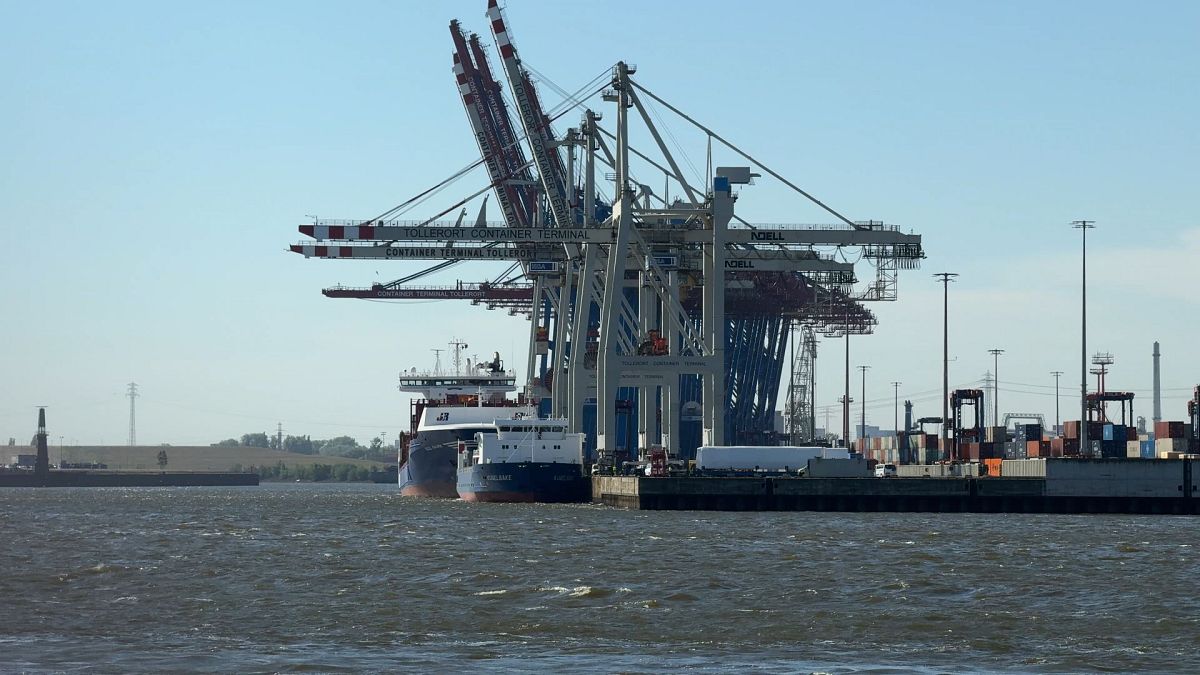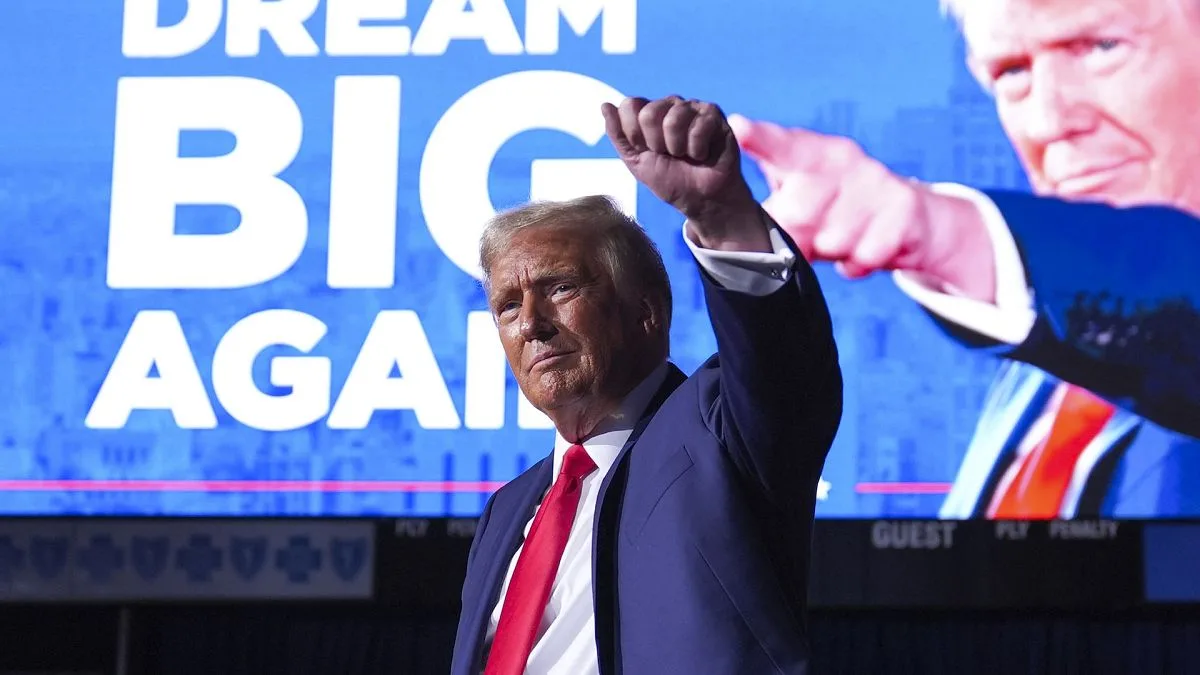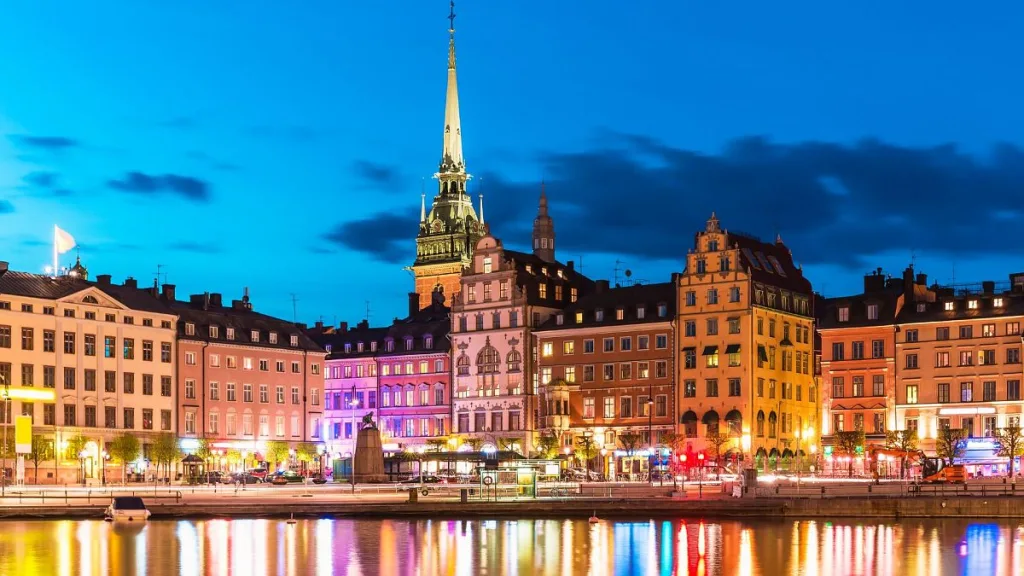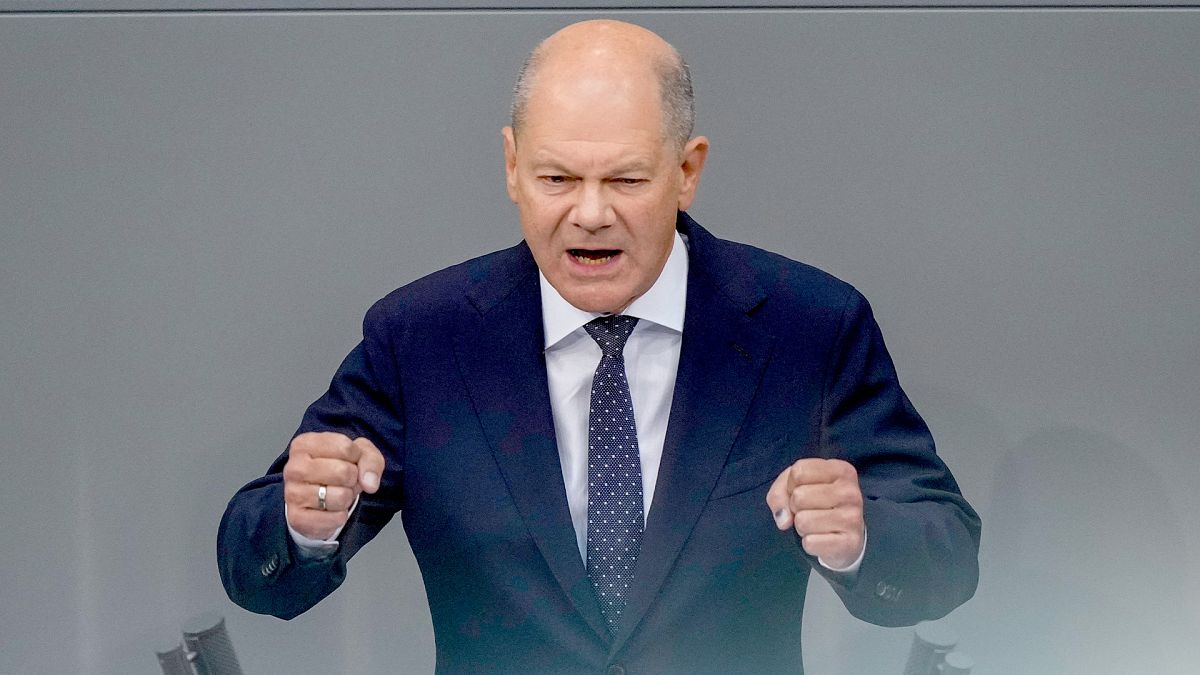Recently, news broke that Volkswagen (VW), Europe’s largest automotive manufacturer, is contemplating the closure of two of its production plants. This development has sparked concerns among experts regarding a broader trend of downsizing in the manufacturing sector beyond just the automobile industry. According to the German Institute for Economic Research (DIW), companies must adapt and innovate to keep pace with evolving market conditions.
As European car manufacturers grapple with the impending phase-out of combustion engines and transition to electric vehicles by 2035, forecasts suggest that thousands of jobs may be cut across various industries in the coming years. DIW President Marcel Fratzscher emphasized that the German economy’s reliance on exports and industrial outputs has made it especially vulnerable during this energy transition. He noted that many companies, like VW, have “missed the transformation” and “have fallen behind” their global competitors.
“It’s not restricted to the automotive sector; machinery, pharmaceuticals, and chemicals are also facing similar challenges,” Fratzscher stated in a recent interview.
Interestingly, BASF, the world’s leading chemical producer headquartered in Germany, is contemplating relocating portions of its workforce to Asia and reducing its employee count in Germany. This shift is largely driven by soaring energy costs resulting from the ongoing conflict in Ukraine, coupled with cumbersome bureaucratic processes in Germany.
Has Germany Lost Its Competitive Edge?
With Asia witnessing robust economic growth, the repercussions are being felt globally.
Fratzscher pointed out that many German companies have already shifted significant portions of their production to countries like China and India, a trend that is likely to continue. “As China begins to reduce competition and offers subsidies to its domestic companies, the competitive landscape becomes tougher for German firms, especially given the high energy and labor costs within Europe,” he explained.
What Lies Ahead for the German Economy?
The DIW predicts that the German economy will stagnate this year, with hopes for a gradual recovery over the next few years. Data indicates that the German economy contracted once more in Q2 of 2024, putting it technically in a recession as industrial production continues to decline.
Particularly hard-hit is the automotive industry, which is facing sluggish demand for electric vehicles, primarily due to insufficient investment in necessary infrastructure.
Nonetheless, Fratzscher maintains an optimistic outlook, arguing that large German corporations have a history of remarkable innovation and reinvention. “They need to adapt and implement reforms. This necessity applies to Volkswagen and many other companies in Germany,” he said.
Can the German Government Take Action?
When discussing government intervention, Fratzscher believes it is unwise for the government to step in merely to preserve jobs. “Transformation necessitates change. Often, this entails consolidation. Companies must streamline operations to allow for investment in new technologies,” he noted.
He also pointed out that the tendency to preserve outdated structures within large corporations isn’t just a problem in Germany but is prevalent throughout Europe. “Redundant components of an economy often need to wane for new, innovative parts to emerge,” he added, suggesting these challenges do not have quick fixes.
“The next five years will require resilience and ongoing investment, after which the hope is that the German economy will successfully navigate the transition,” Fratzscher concluded.
The heavy reliance of the German economy on the automotive sector means that widespread layoffs could fuel a sense of disillusionment within the populace, potentially bolstering support for right-wing political movements. This could significantly influence the upcoming federal elections.
Photo credit & article inspired by: Euronews



